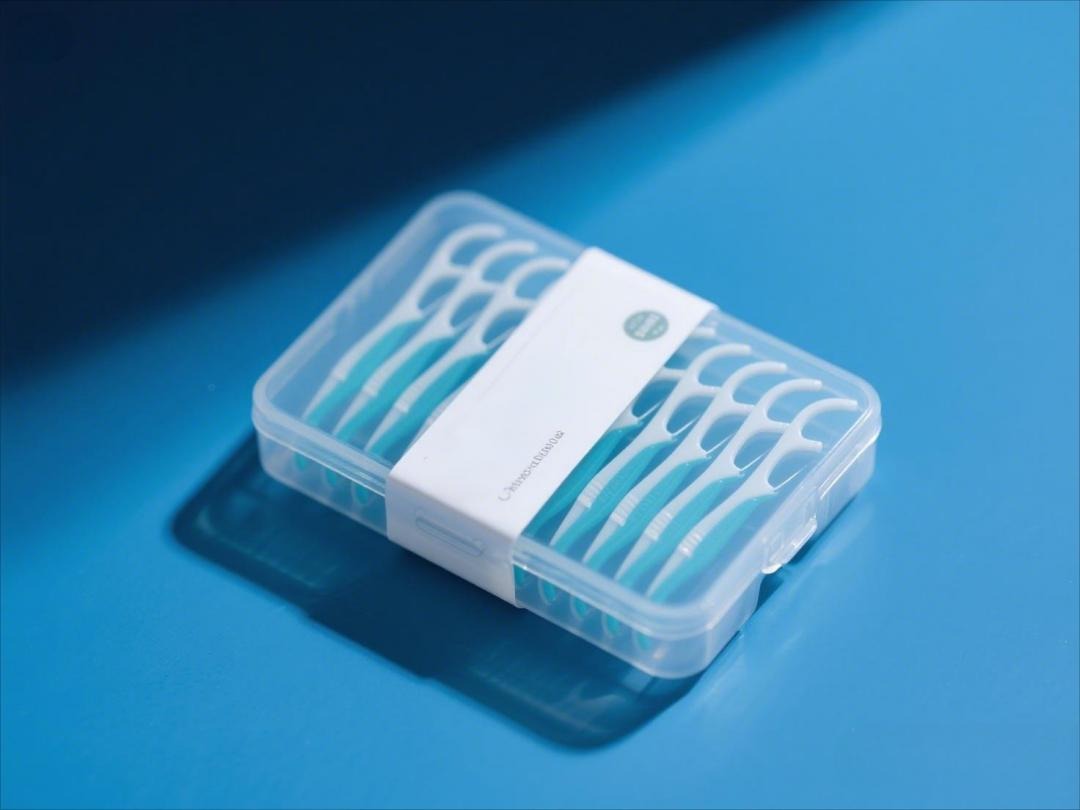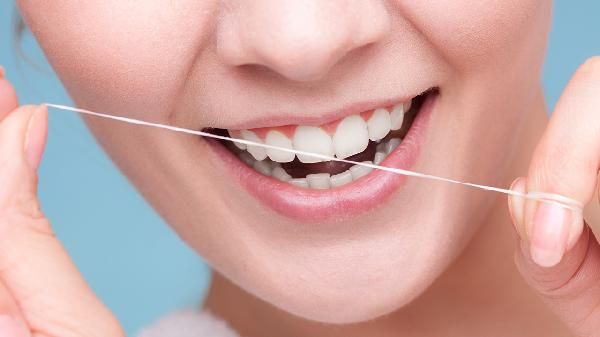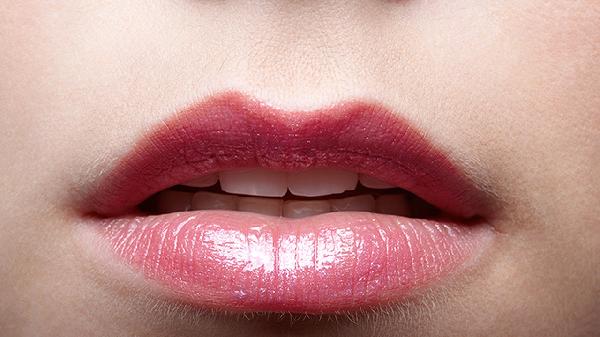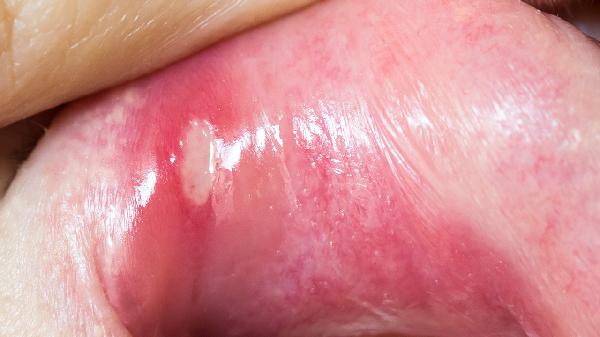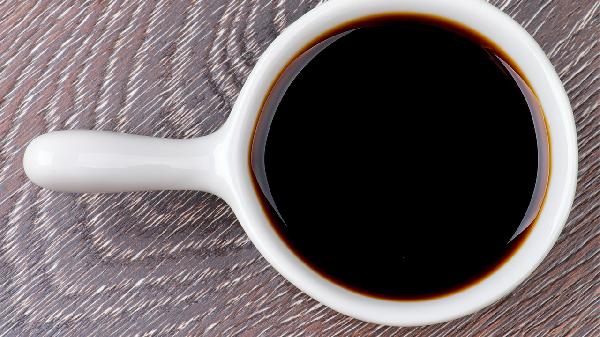The Science Behind Cheese and Dental Health
Cheese is rich in calcium and phosphorus, two essential minerals that play a crucial role in maintaining strong teeth and bones. These nutrients help remineralize tooth enamel, the protective outer layer of teeth, which can erode over time due to acidic foods and beverages. Additionally, cheese stimulates saliva production, which naturally neutralizes acids in the mouth and washes away food particles that could lead to decay.
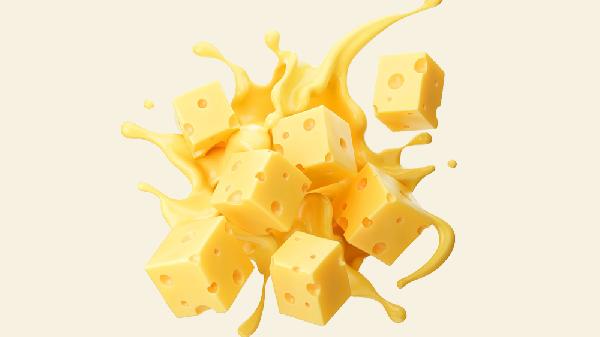
How Cheese Protects Teeth Overnight
Eating cheese before bed may provide a protective barrier for teeth during sleep. Saliva production decreases at night, leaving teeth more vulnerable to acid attacks. Cheese’s ability to increase saliva flow and its high mineral content can help counteract this vulnerability, potentially reducing the risk of cavities and enamel erosion.
The Role of Casein in Cheese
Casein, a protein found in cheese, has been shown to form a protective film on the surface of teeth. This film acts as a shield against harmful bacteria and acids, further enhancing cheese’s dental benefits. Research indicates that casein can help repair minor damage to tooth enamel, making it a valuable component in the fight against tooth decay.
Comparing Cheese to Other Bedtime Snacks
Unlike sugary or acidic snacks, which can harm teeth, cheese is a low-sugar, alkaline food that supports oral health. While many bedtime snacks contribute to tooth decay, cheese stands out as a tooth-friendly option. Its unique combination of nutrients and protective properties makes it an ideal choice for those looking to improve their dental hygiene.
Practical Tips for Incorporating Cheese into Your Nighttime Routine
To reap the dental benefits of cheese, consider adding a small portion to your evening routine. Opt for natural, low-sodium varieties like cheddar, Swiss, or mozzarella. Pairing cheese with a glass of water can further enhance its protective effects by promoting saliva production and rinsing away residual food particles.
Potential Considerations and Limitations
While cheese offers numerous dental benefits, it’s important to consume it in moderation as part of a balanced diet. Overindulgence in high-fat cheeses can lead to other health issues, such as weight gain or elevated cholesterol levels. Additionally, individuals with lactose intolerance or dairy allergies should explore alternative sources of calcium and phosphorus.
Expert Opinions on Cheese and Oral Health
Dental professionals have mixed opinions on the idea of eating cheese before bed. Some endorse it as a simple and effective way to support oral health, while others caution that it should not replace traditional dental care practices like brushing, flossing, and regular check-ups. Ultimately, cheese can be a valuable addition to a comprehensive oral hygiene routine.
The Broader Implications for Dental Care
The concept of using cheese to strengthen teeth highlights the importance of diet in maintaining oral health. It underscores the need for a holistic approach to dental care that goes beyond brushing and flossing. By incorporating tooth-friendly foods like cheese into their diets, individuals can take proactive steps to protect their teeth and gums.
Conclusion
